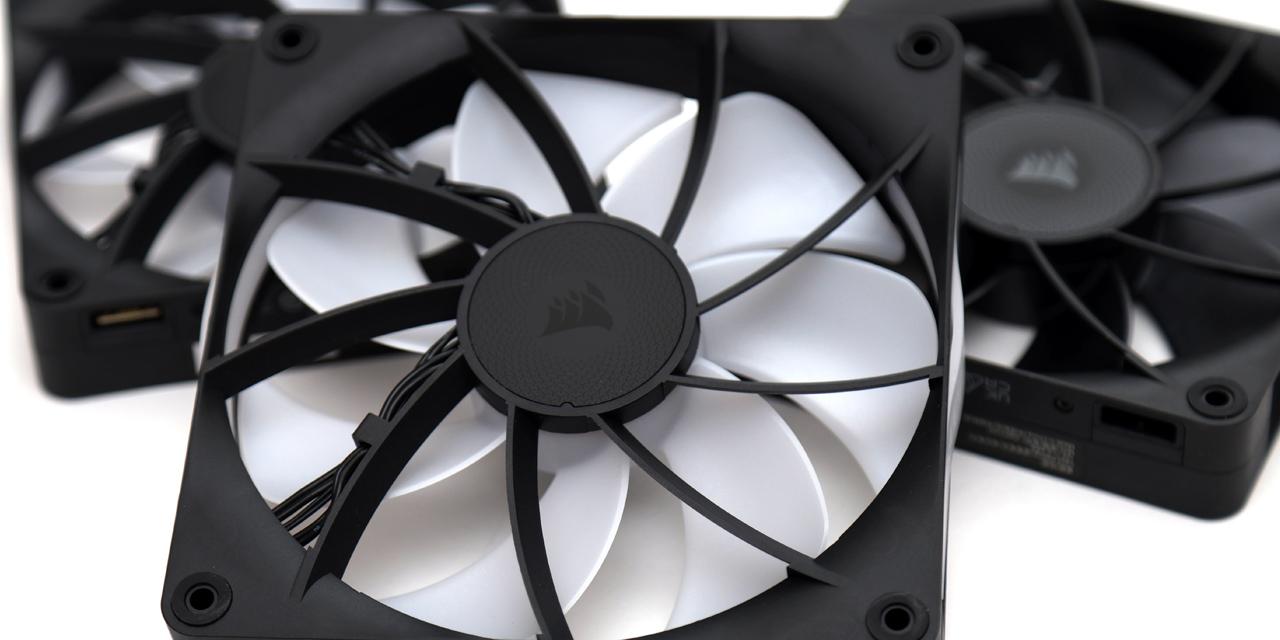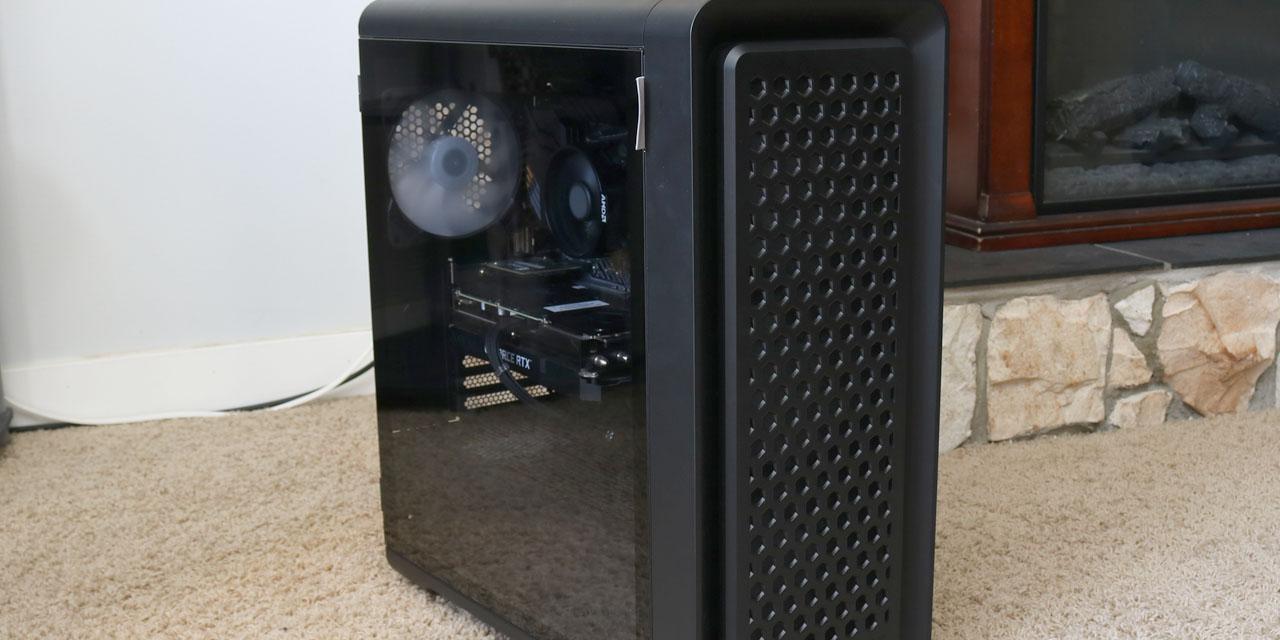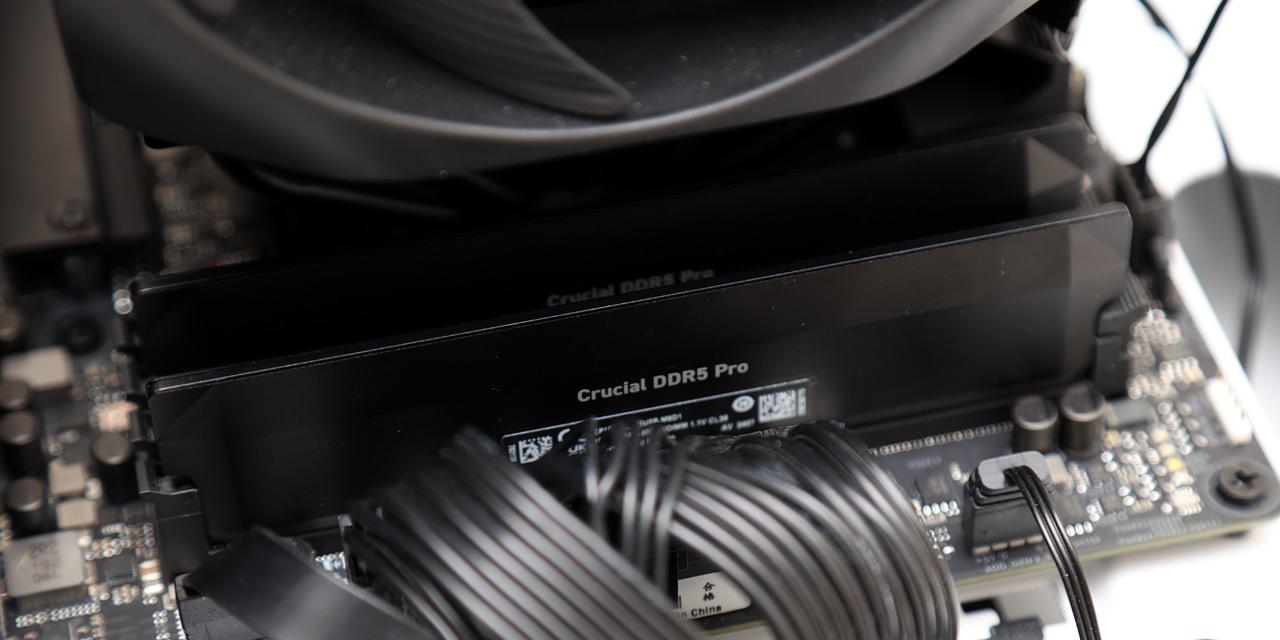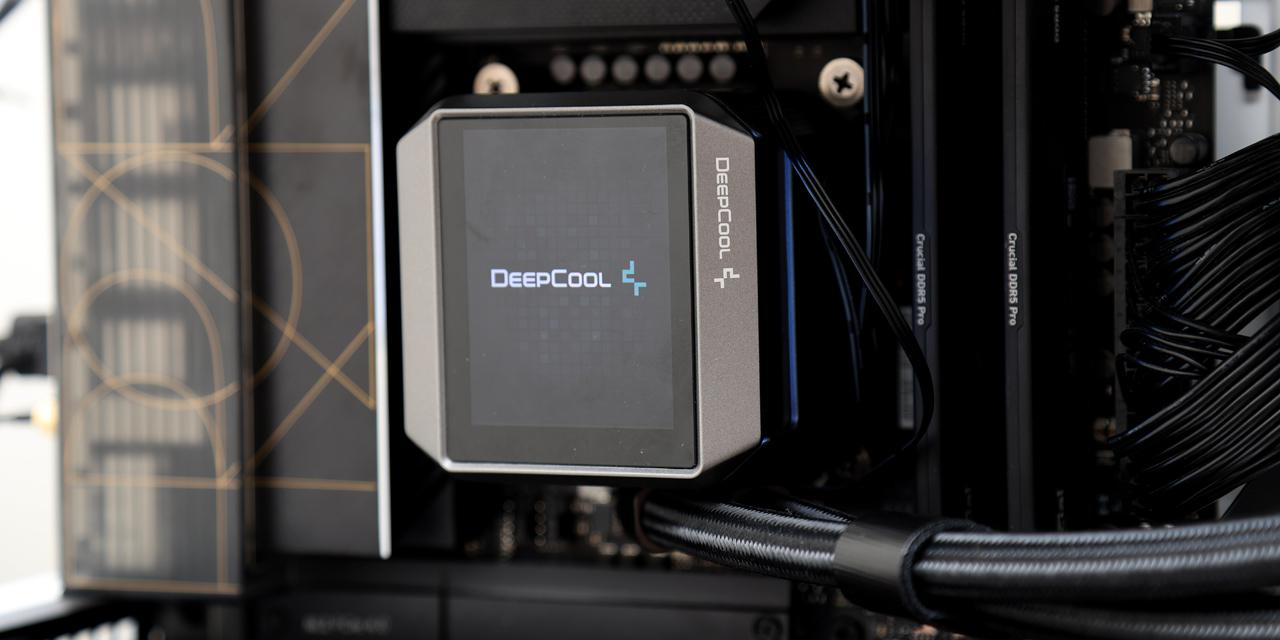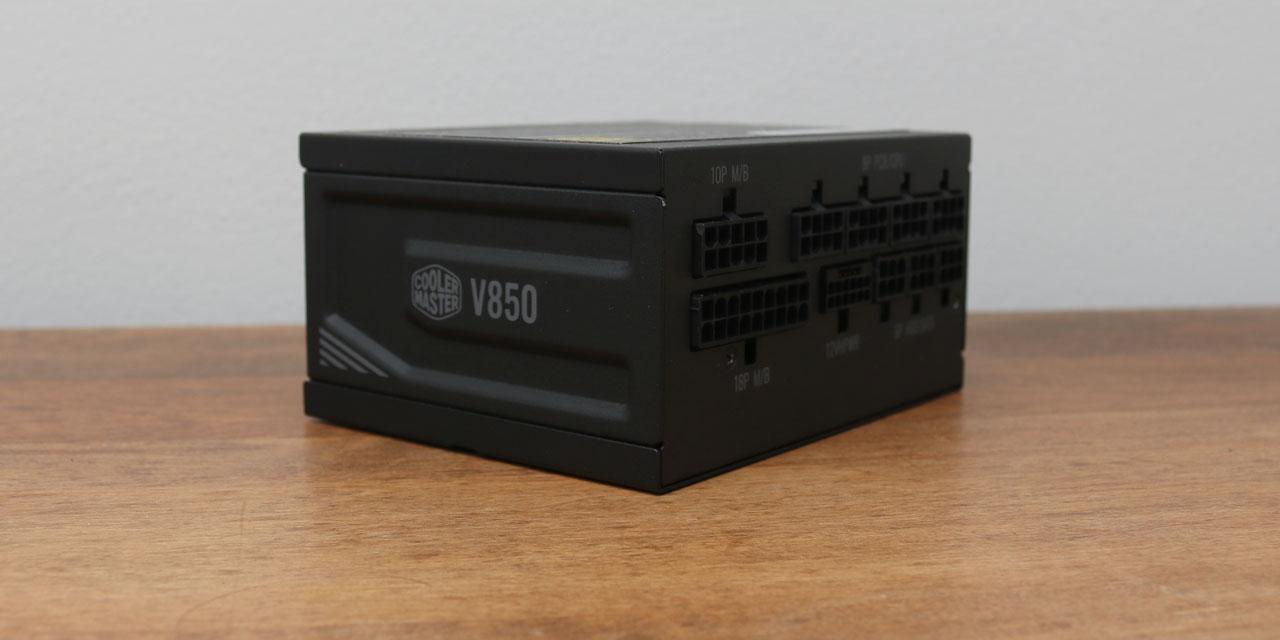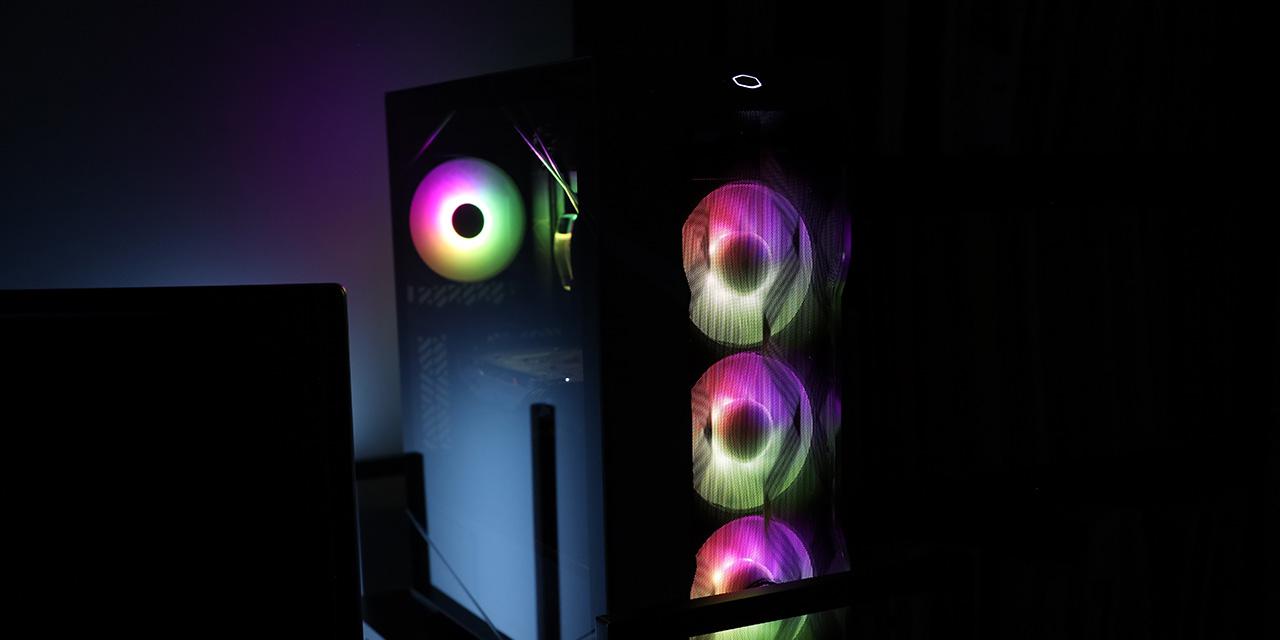|
From X-bit Labs: Gigabyte Technology, one of the world's largest makers of mainboards, has quietly revealed its mainboards designed for AMD's next-generation A-series Fusion "Trinity" accelerated processing units (APUs). It is highly-likely that Gigabyte has already started shipping the new motherboards into the channel. The first platforms for AMD's Fusion "Trinity" chips in FM2 form-factor from Gigabyte will be GA-F2A75M-D3H based on AMD A75 core-logic as well as GA-F2A85X-UP4 powered by AMD A85X chipset. The former mainboard is a micro-ATX inexpensive solution that carries essential set of connectors and controllers, whereas the latter is an ATX motherboard that supports multi-GPU technology, up to eight Serial ATA-6Gb/s hard drives as well as Ultra Durable 5 technology designed to improve reliability even in case of overclocking. It is expected that AMD A-series Fusion "Trinity" accelerated processing units will become available in early October, therefore in the coming weeks it is logical to expect Gigabyte and other leading mainboard manufacturers to reveal their FM2 motherboards and start shipping them to their partners. AMD's new Trinity APUs are supposed to boost AMD's presence on the market of desktop microprocessors Due to low initial yields of previous-generation Llano APUs, the company has failed to ensure proper supply of FM1 mainboards into the channel as it had concentrated on shipments to OEMs till early this year. Therefore, when it started to ship Fusion "Llano" into the channel, the demand was weak due to low availability of mainboards. With FM2 platforms AMD will attempt to solve the problem and the motherboards should be broadly available. The AMD A-series "Trinity" APUs feature up to four x86 cores powered by enhanced Bulldozer/Piledriver architecture, AMD Radeon HD 7000-series graphics core with DirectX 11-class graphics support, DDR3 memory controller and other improvements, such as new dynamic acceleration Turbo Core technology, improved video playback engines and so on. The new chip is made using 32nm process technology at Globalfoundries, just like its predecessor code-named Llano, but thanks to architectural improvements it is projected to be 25% - 50% faster - depending on the task - than the first-gen A-series APU. According to an online store, which recently started to take pre-orders onto A-series "Trinity" chips, the new APUs will cost from $60 to $130, depending on the model. View: Article @ Source Site |
 |
Gigabyte Quietly Unveils FM2 Mainboards for Next-Gen AMD A-Series APUs
© Since 2005 APH Networks Inc. All trademarks mentioned are the property of their respective owners.
